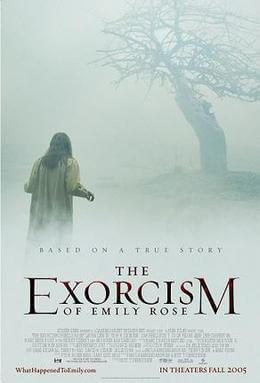This homily is based on Matthew 18:21-35.
Today’s Sunday Gospel is about forgiveness: Peter, on the one hand, monitoring his quota on forgiveness, and our Lord, on the other, tossing all that accounting out the window by reminding us that by the way, we all of us are recipients of the Father’s boundless mercy, remember?

Forgiveness is a funny thing. When we’re the offended party, we know it’s not an easy thing, especially when we have been hurt deeply by the very people that we’ve cared deeply for. Forgiveness sometimes requires not just a lot of strength and love, but also a lot of pain. That is why when we are the ones asking for forgiveness, we must never take it for granted.



